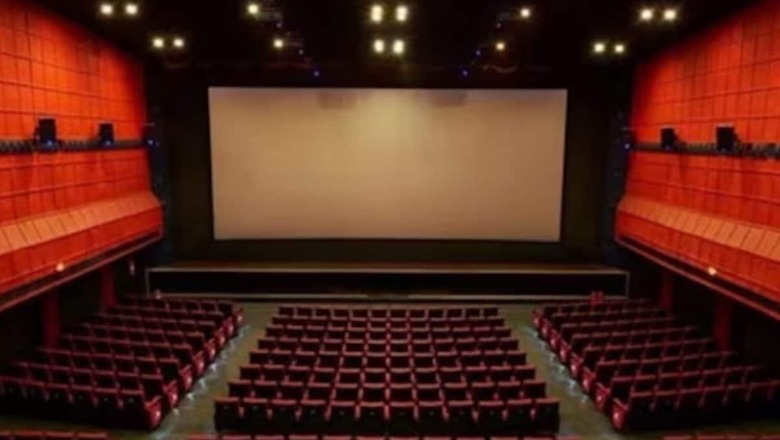
views
The Kerala government will impose service charges on cinema theatres across the state, with the proceeds earmarked for medical assistance to artists facing financial hardship. The State Film Academy has been tasked with collecting these service charges during the renewal of theatre licenses and registrations. The charges, ranging from 5 to 8.5 per cent, will be in addition to the existing annual renewal rates of Rs 5,000 to Rs 10,000 per screen, based on seating capacity.
Currently, theatres in Kerala collect Rs 3 per ticket from audiences for the welfare fund of needy artists. Additionally, theatres with over 400 seats pay Rs 30,000 annually to the Film Development Corporation and Rs 25,000 to the Film Academy. Smaller theatres pay Rs 25,000 and Rs 10,000, respectively. Even during crises like the COVID-19 pandemic, theatres adhered to these financial obligations, despite suffering significant losses due to the lack of movie releases.
The proposed service charges have sparked strong opposition from theatre organisations in Kerala. They argue that this decision could jeopardise the theatre industry, potentially necessitating ticket price increases. K Vijayakumar, president of the Film Exhibitors United Organisation of Kerala (FEOUK), emphasised that nearly all funding for artists’ welfare comes from theatres. He warned of potential protests if the government insists on raising fees beyond current levels.
The theatre owners’ concerns highlight broader apprehensions within the industry about the financial burden imposed by additional charges. While the intention to support artists in need is laudable, the practical implications for theatres, especially in the wake of pandemic-induced losses, are significant. The government’s decision underscores the delicate balance between supporting artists’ welfare and ensuring the viability of cinema exhibition businesses.
In response to the mounting opposition, stakeholders may seek dialogue with government officials to explore alternative solutions that achieve the intended goal without unduly burdening theatre owners. Collaborative efforts to address the financial challenges facing both artists and theatres could lead to a more sustainable and equitable arrangement for all parties involved.
The outcome of these discussions will likely shape the future landscape of Kerala’s cinema exhibition sector and determine how best to support the welfare of artists while safeguarding the viability of theatre operations.




















Comments
0 comment